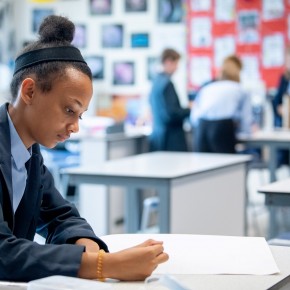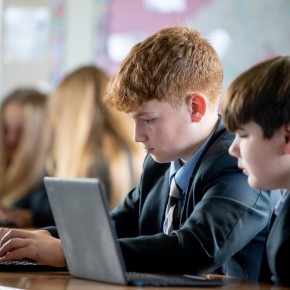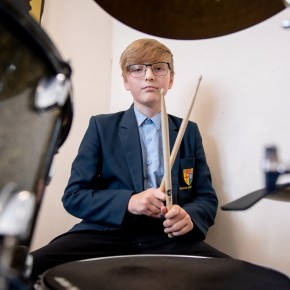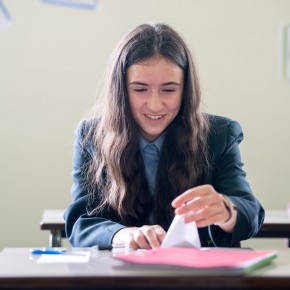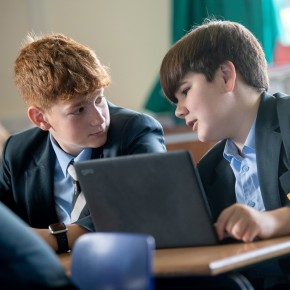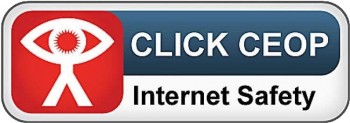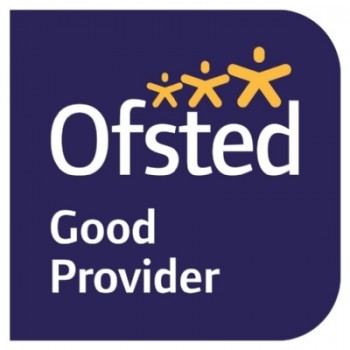- Athletics
- Badminton
- Cross Country
- Dance
- Gymnastics
- Handball
- Netball
- Rounders
- Rugby
- Softball
- Trampolining
|
KS3 |
|---|
|
Year 7 |
Activity 1 6/9 to 15/10 |
Activity 2 18/10 to 30/11 |
Activity 6/12 to 4/2 |
Activity 4 7/2 to 25/3 |
Activity 5 19/4 to 27/5 |
Activity 6 6/6 to 22/7 |
|
7.S |
Netball |
OAA |
Handball |
Dance |
Athletics |
Rounders
|
|
7.T |
OAA |
Netball |
Dance |
Handball |
Athletics |
Softball
|
|
7.A |
OAA |
Netball
|
Handball |
Dance |
Athletics |
Softball |
|
7.L
|
Netball |
OAA |
Dance |
Handball |
Athletics |
Rounders
|
|
Year 8 |
Activity 1 6/9 to 15/10 |
Activity 2 18/10 to 30/11 |
Activity 3 6/12 to 4/2 |
Activity 4 7/2 to 25/3 |
Activity 5 19/4 to 27/5 |
Activity 6 6/6 to 22/7 |
|
8.S |
Volleyball |
Netball |
Rugby Boys |
Gymnastics Girls |
Athletics |
Softball
|
|
8.T |
Netball |
Volleyball |
Gymnastics Boys |
Rugby Girls |
Athletics |
Rounders
|
|
8.A |
Netball |
Volleyball |
Rugby |
Gymnastics |
Athletics |
Rounders
|
|
8.L |
Volleyball |
Netball |
Gymnastics |
Rugby |
Athletics |
Softball
|
